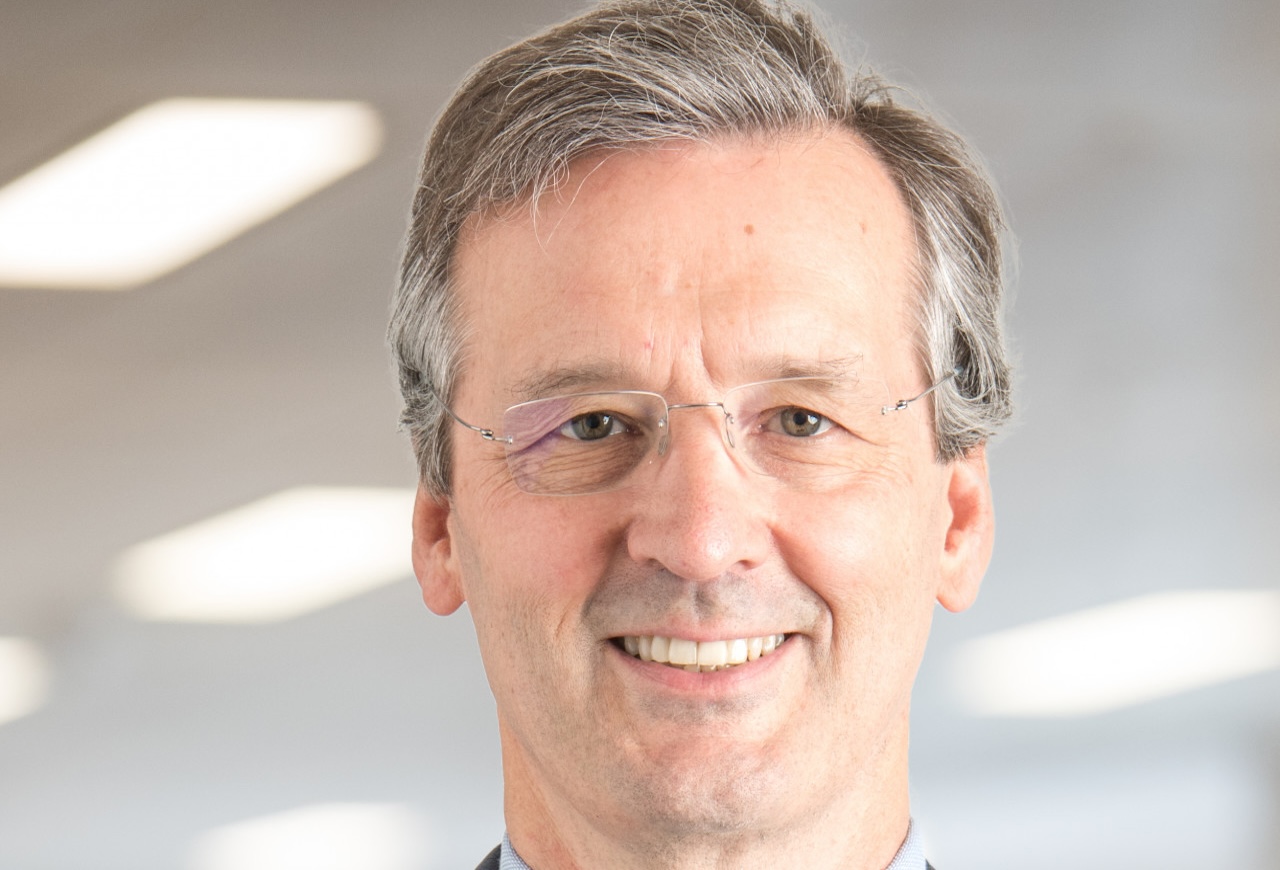The CEO of British International Investment is set to step down later this year. As a pioneer in the field, he reflects on the sector’s evolution and shares valuable lessons learned along the way.

Nick O’Donohoe, CEO of UK’s development finance institution British International Investment (BII), is among the pioneers of impact investing.
As he prepares to step down later this year, he reflects on the remarkable evolution of impact investing over the past two decades. Once met with skepticism by many of his peers, the sector’s growth has exceeded even O’Donohoe’s own early expectations.
Born in Liverpool to an Irish father and English mother, O’Donohoe grew up in Dublin after his family moved to Ireland when he was two years-old. Having gone to university in Dublin, he then went straight to business school in America in the early 1980’s.
Over the next two decades, O’Donohoe went on to pursue a career in investment banking, first at Goldman Sachs, and then at JP Morgan. The latter would be a key inflection point in his career, and lead to his involvement in impact investing.
O’Donohoe recalls being asked to supervise a newly formed social sector finance business by JP Morgan’s top chiefs in 2008. The financial crash was looming and people’s attitudes towards the traditional investment sector would soon become more sceptical, he points out.
An emerging sector
Recollecting the firm’s mission statement for the group at the time it was formed, O’Donohoe says: “We were trying to find ways to use the strengths of JP Morgan to channel money to things that were going to have a positive impact in communities which we referred to as social finance at the time.”
Shortly after this, O’Donohoe attended the second of two meetings which had been organised by the Rockefeller Foundation in Bellagio in 2008, which saw the term impact investing first coined and played a critical role in supporting the launch of the Global Impact Investing Network (GIIN).
In 2010, as head of research at JP Morgan, O’Donohoe was tasked with putting together a paper along with the Rockefeller Foundation entitled ‘Impact Investment: An emerging asset class‘, which was the first time any mainstream organisation had used the term.
“I think it was an important moment, and the report got a lot of attention at the time,” says O’Donohoe.
The report contained O’Donohoe’s financial predictions for this new, relatively unknown asset class. In it, O’Donohoe and the other authors identified a potential profit opportunity of between $183bn (€165bn) to $667bn and a potential investment opportunity of between $400bn and $1trn over the next decade leading up to 2020.
“People thought that our prediction was completely ridiculous at the time,” he says. However, the criticism proved to be misplaced. In 2020, the market reached roughly $715bn in assets under management, according to GIIN, while the International Finance Corporation (IFC) put the estimate even higher at $2.1trn.
“The predominant reaction from people came from a prevailing belief that nobody is ever going to do this,” says O’Donohoe.
However, O’Donohoe now sees that the paper and emergence of impact investing came at an opportune time, due to a growing disillusionment in mainstream finance following the crash of 2008.
“The launching of the impact investment movement at the time of the financial crisis was very fortuitous,” he says.
Evolution
One of the main push backs against impact investing at the time it first emerged was the perceived lack of investment opportunities, according to O’Donohoe. “There was a lot of talk about impact investing back then and not much action,” he says.
A key turning point came when O’Donohoe left JP Morgan in 2011 and went on to create Big Society Capital, now Better Society Capital (BSC) with Sir Ronald Cohen.
The rationale for BSC came from O’Donohoe and Cohen’s recognition of the need for a UK institution that would channel money to intermediaries and start to grow the market of social investment and impact investment.
This partnership began with O’Donohoe working in the basement of Cohen’s home for a year trying to figure out how to grow this new sector. “We had a great advantage at the time of Ronald getting the then government to agree to channel dormant accounts into Big Society Capital,” says O’Donohoe.
He describes the early days of the new venture with Cohen as being very exciting, adding that while it all had the feel of a startup company, they also knew there was a pool of money they could draw from once they put a serious plan together.
In 2017, O’Donohoe went on to take charge of the UK’s development finance institution (DFI), formerly known as the Commonwealth Development Corporation, now BII.
A just transition
A passionate proponent of the role that DFIs can play in aiding the climate transition by channelling capital into emerging markets, O’Donohoe advocates for the need for a just transition.
“The amount of capital that’s going to be required for the climate transition is going to be enormous. And I think DFIs, who have been investing in climate finance for a number of years and who know those markets, are particularly well suited to play a role in that,” he stresses.
Under O’Donohoe, BII’s investments have ranged from a solar project in Sierra Leone to an Indian company providing loans to micro-businesses.
Asked what advice he would give to anyone looking to get involved in the world of impact investing for the first time, O’Donohoe believes that a strong investment background coupled with “patience and pragmatism” are key.
“Patience, because it often takes a long time to achieve your impact objectives, and pragmatism because it’s very difficult, particularly in the markets that we work in, to find the perfect project. There is no project that perfectly ticks every box, and you need to be flexible otherwise nothing will ever get done.”






